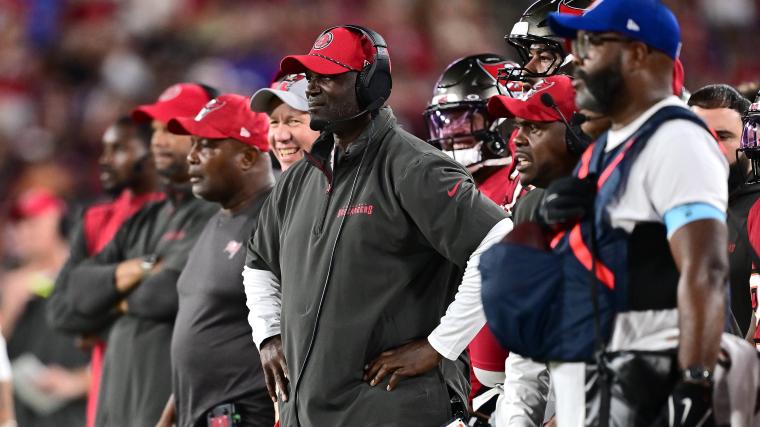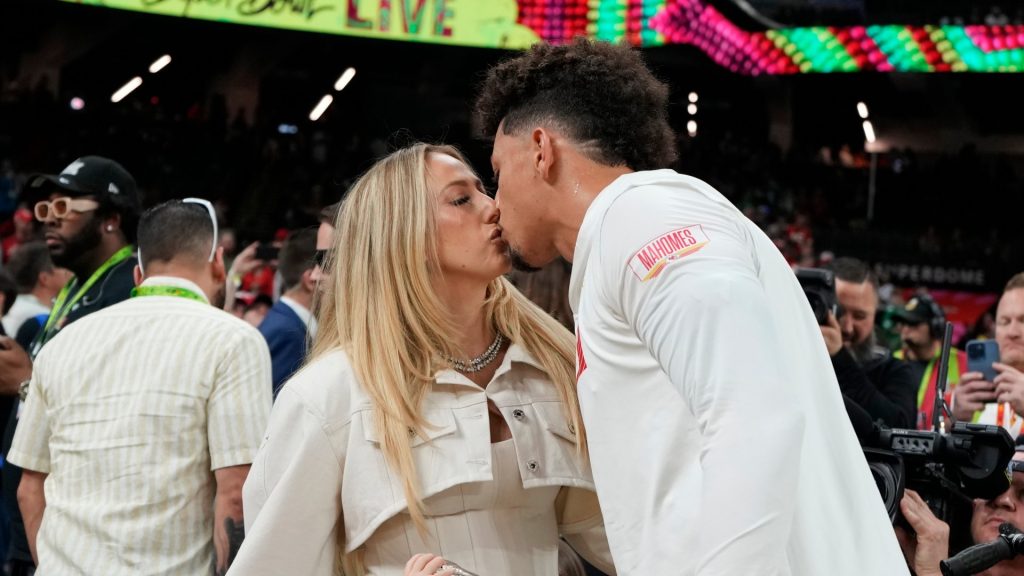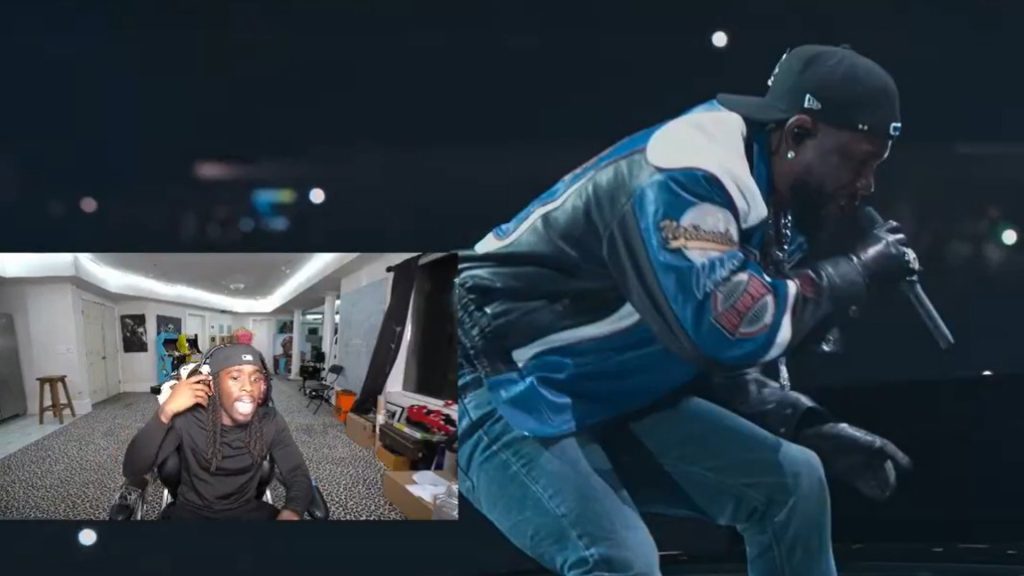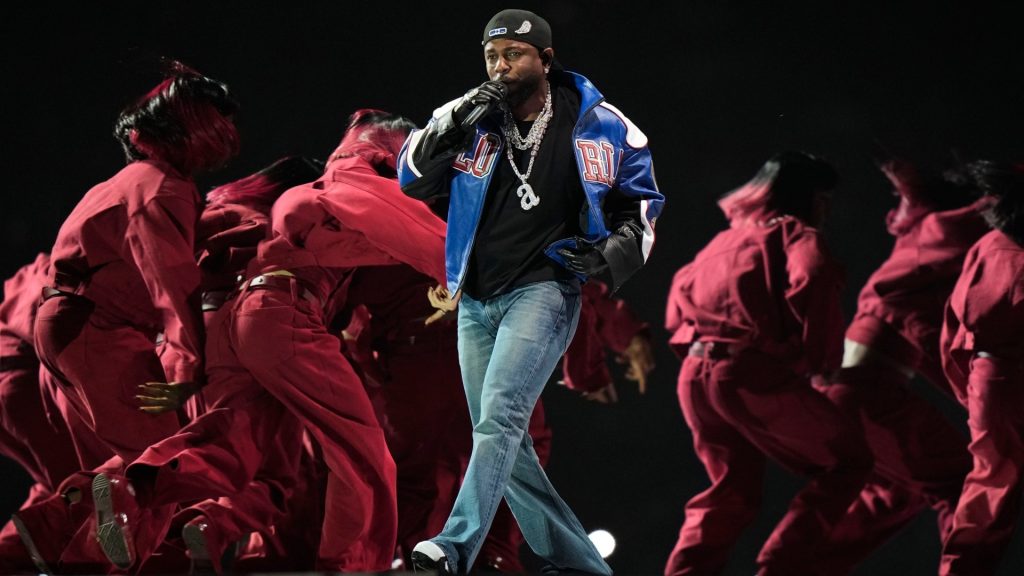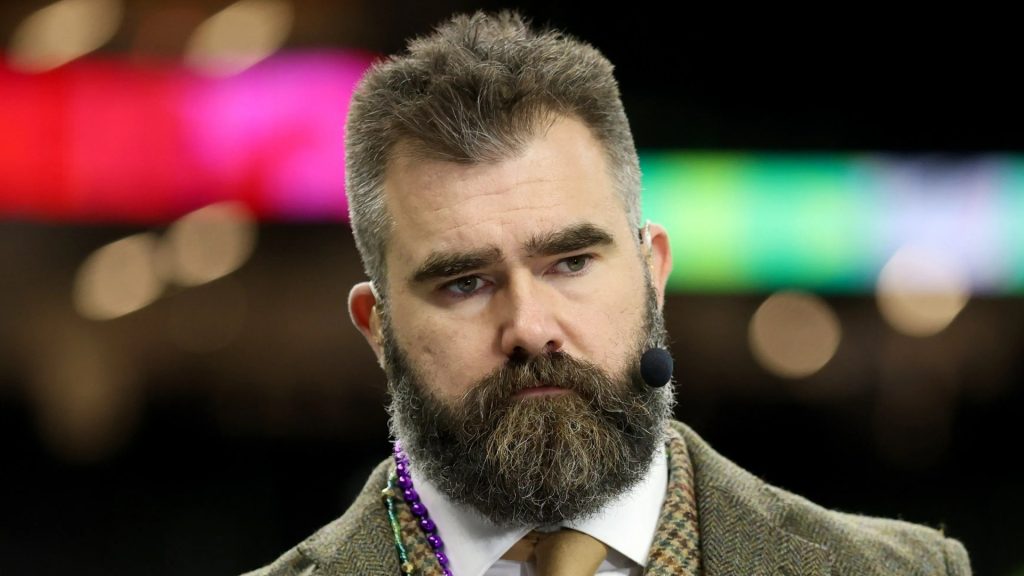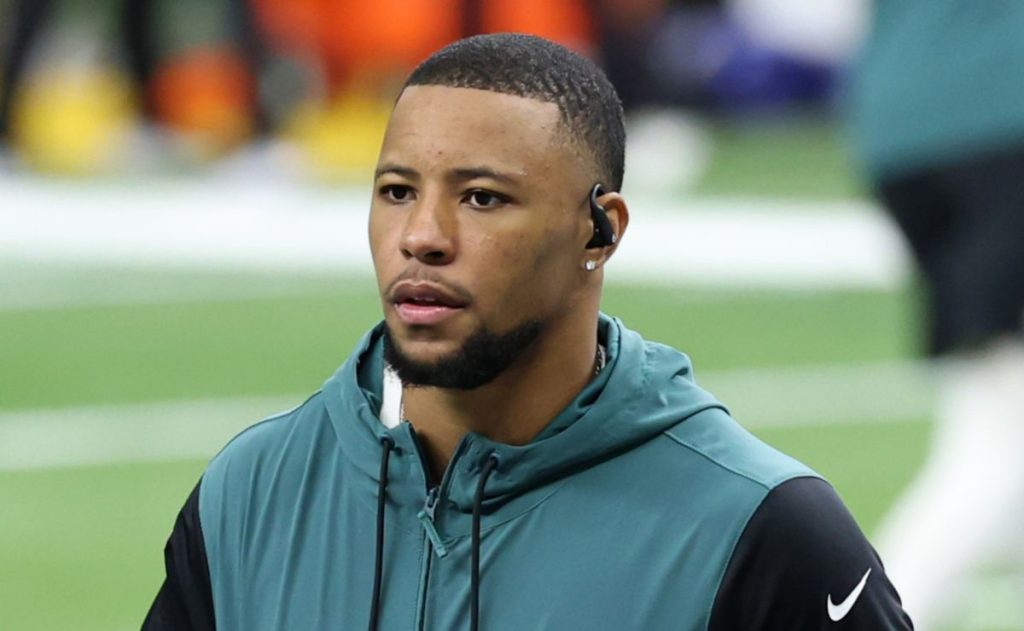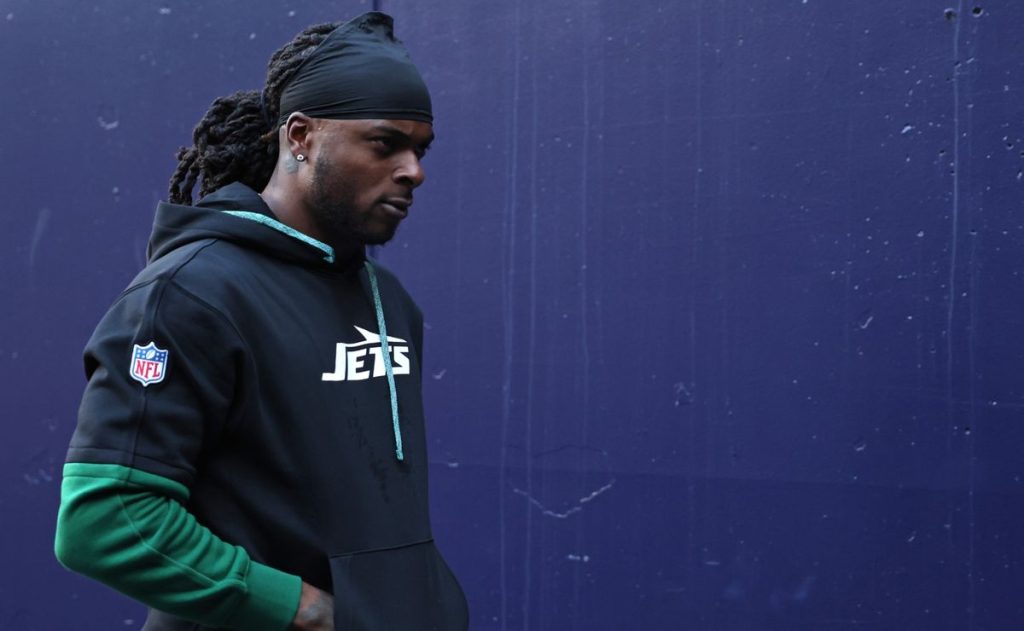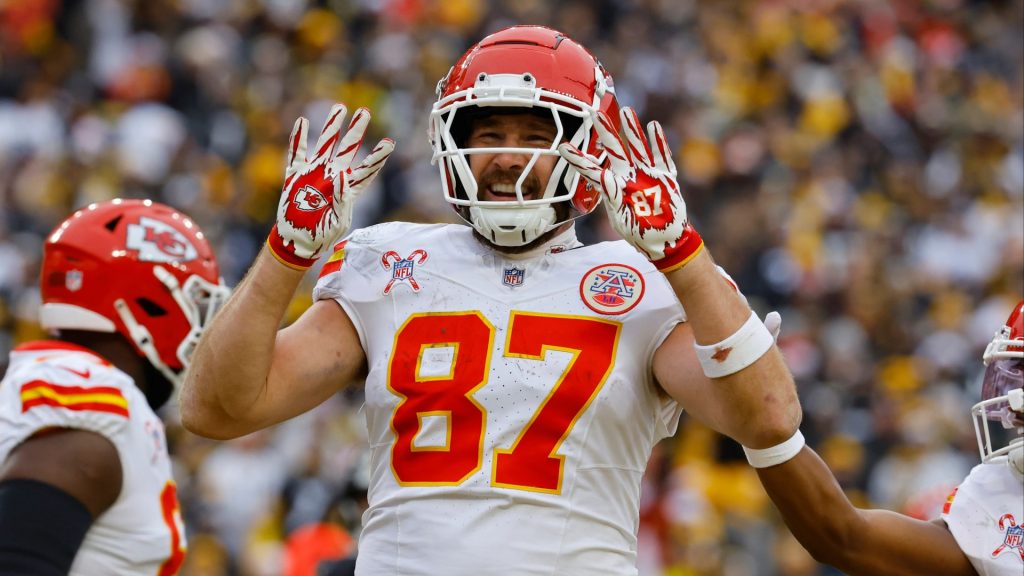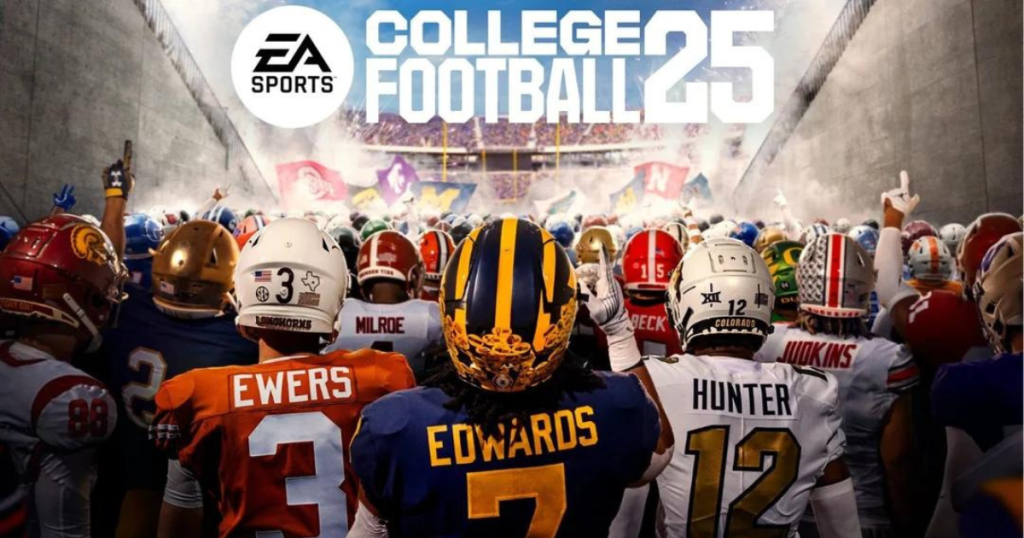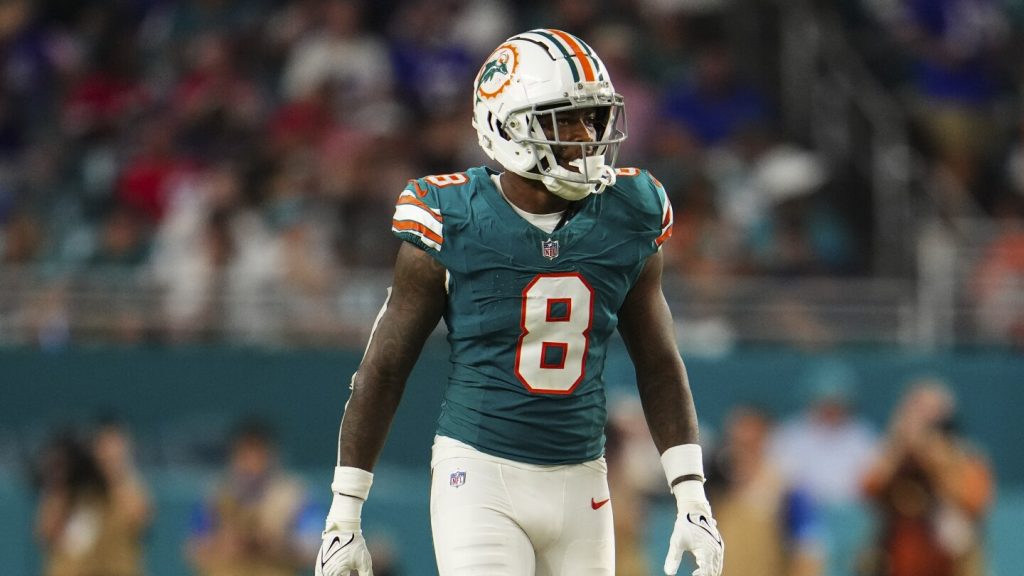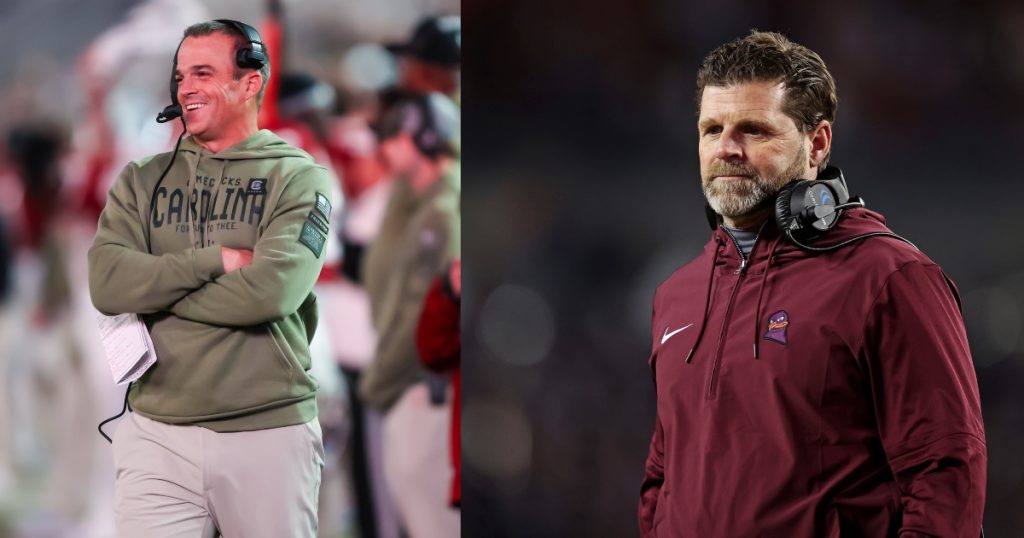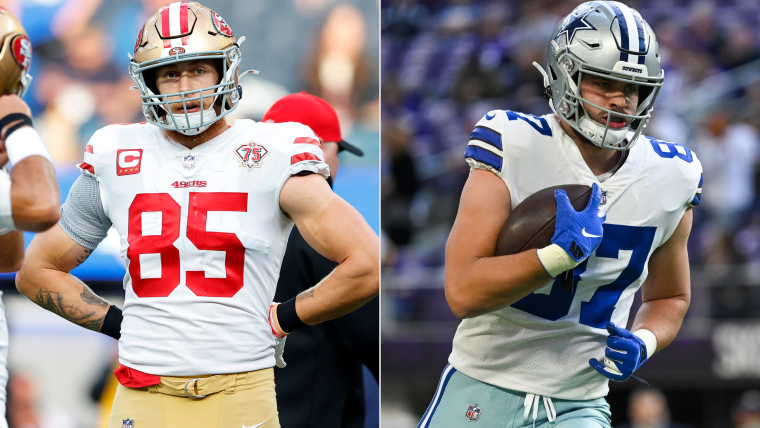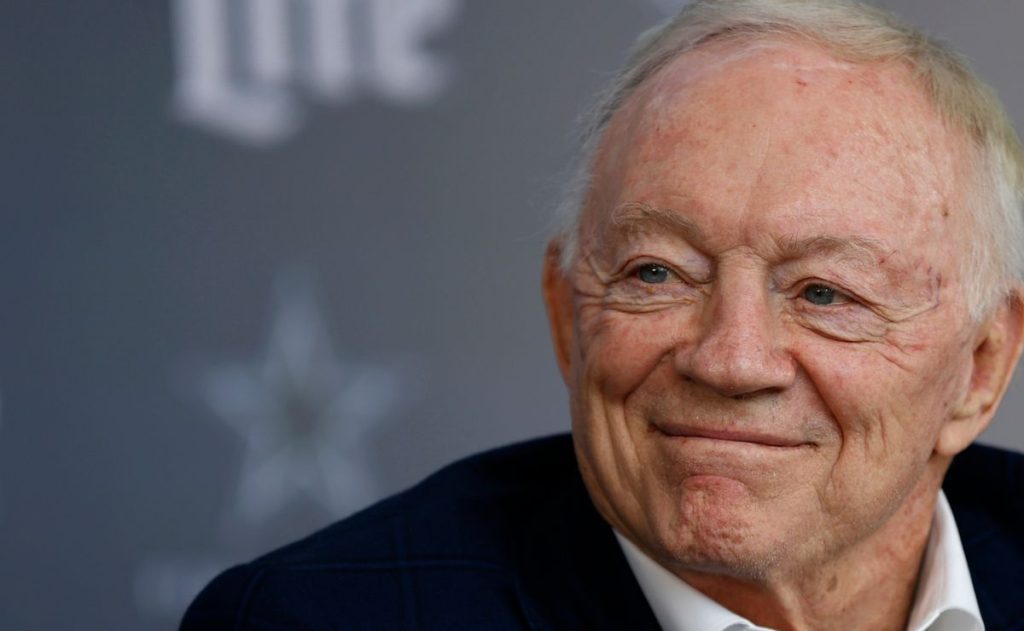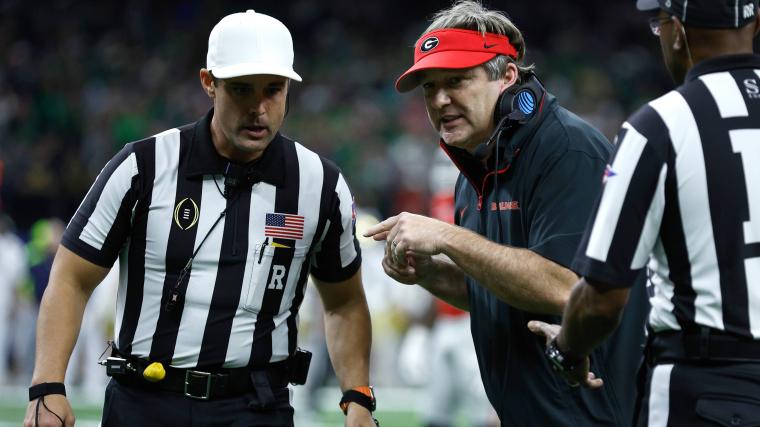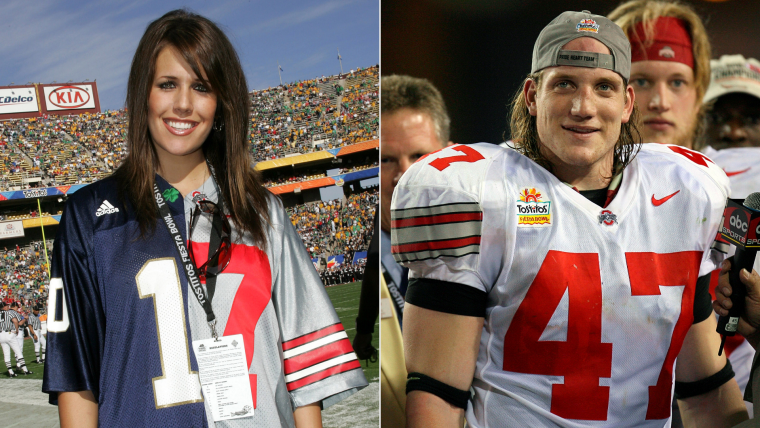The Buccaneers had a golden opportunity to become the first team to hand the Chiefs a loss this season. However, they fell short in a thrilling 30-24 overtime defeat on Monday night. While Tampa Bay had a number of plays they wish they could have back, one decision looms larger than the rest.
With just 27 seconds left in regulation, the Buccaneers scored a touchdown to tie the game. They had the option to take the lead—and possibly secure the win—by going for a two-point conversion. Instead, they opted for the extra point, which sent the game into overtime. Why did head coach Todd Bowles make that choice? Let’s dive into the details.
Todd Bowles’ two-point conversion decision vs. Chiefs, explained
In a nail-biting finish, the Buccaneers found themselves down by seven points with less than 30 seconds remaining. Quarterback Baker Mayfield connected with Ryan Miller for a touchdown, narrowing the gap to just one point. The decision to go for a two-point conversion could have changed the game dramatically. If successful, Tampa Bay would have forced the Chiefs to either score a field goal to win or risk losing the game outright. But Bowles chose to play it safe, opting for the extra point instead.
After the game, Bowles explained his rationale. "We wanted to get it to overtime," he stated. "Wet conditions on the field, we felt we had to go for overtime instead of going for two. We had our shots and we lost the game." He emphasized that the team gave "very minor" consideration to the two-point attempt.
Reactions to Todd Bowles playing for overtime vs. Chiefs
The decision stirred up a storm of reactions from fans and analysts alike. Many felt Bowles missed an opportunity to be aggressive. Notably, former NFL quarterback Troy Aikman voiced his disapproval during the broadcast. "I thought the entire drive that if [the Bucs] scored they would go for two," Aikman remarked. "When you’re on the road against the defending world champs, and you’ve got them on the ropes, and you get a chance to win a game on one play, I think you’ve got to do that."
Social media echoed Aikman’s sentiments, with many viewers expressing disappointment in Bowles’ conservative approach. One fan tweeted, "Todd Bowles really thought going to overtime against the best quarterback in the world was a better idea than attempting a 2-point conversion." Another added, "Todd Bowles was never gonna go for 2 there, but he probably should have, and I think at least 20 coaches in the league would."
Even though the Chiefs didn’t score on their next drive, they won the coin toss for overtime and quickly marched down the field for the game-winning touchdown. This outcome only fueled the debate over Bowles’ decision.
The numbers behind the decision
Interestingly, some analysts pointed out that the numbers might support Bowles’ choice. ESPN’s Seth Walder noted that his two-point decision algorithm actually favored the extra point. According to his analysis, the win probability (WP) for kicking the extra point stood at 42.8%, while going for two was slightly lower at 41.2%. This suggests that the Chiefs might have approached their final drive differently had they been trailing by one point, potentially leading to a game-winning field goal attempt.
This statistical insight adds a layer of complexity to the debate. While many fans and commentators called for a more aggressive strategy, the data suggests that Bowles’ decision wasn’t as cut-and-dry as it may have seemed.
The aftermath of the game
In the wake of the loss, the Buccaneers are left to ponder what could have been. The missed opportunity to seize the moment against a formidable opponent like the Chiefs is sure to linger in the minds of players and coaches alike. Tampa Bay had its chances, and the decision to play for overtime instead of going for the win will be a topic of discussion for weeks to come.
The Buccaneers will need to regroup and focus on their upcoming games. With the right adjustments, they can bounce back and improve their chances of success in the future. The NFL season is long, and every game counts. Will Bowles stick to his conservative approach, or will he learn from this experience and take more risks moving forward? Only time will tell.
As fans, we love the thrill of the game, the strategic decisions, and the nail-biting finishes. The Buccaneers’ close call against the Chiefs serves as a reminder of just how unpredictable and exciting the NFL can be. With every play, every decision, and every second on the clock, anything can happen. And that’s what makes football so captivating.
As the season progresses, all eyes will be on Tampa Bay to see how they respond to this setback. Will they rise to the challenge, or will they continue to struggle? One thing is for sure: the drama of the NFL never fails to deliver.

